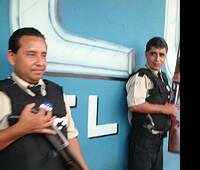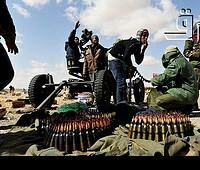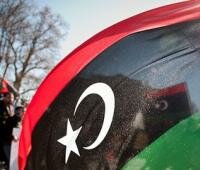Global militarisation
The current priority of the dominant security actors is maintaining international security through the vigorous use of military force combined with the development of both nuclear and conventional weapons systems. Post-Cold War nuclear developments involve the modernisation and proliferation of nuclear systems, with an increasing risk of limited nuclear-weapons use in warfare – breaking a threshold that has held for sixty years and seriously undermining multilateral attempts at disarmament. These dangerous trends will be exacerbated by developments in national missile defence, chemical and biological weapons and a race towards the weaponisation of space.
.jpg)



 As Libya's protesters-turned-rebels fight a series of hard battles with forces loyal to Muammar Qaddafi, the United States -- and the much of the world -- struggles to find a meaningful response to the conflict. U.S. lawmakers have proposed such aggressive options as
As Libya's protesters-turned-rebels fight a series of hard battles with forces loyal to Muammar Qaddafi, the United States -- and the much of the world -- struggles to find a meaningful response to the conflict. U.S. lawmakers have proposed such aggressive options as  Poor people want to feel safe just like anyone else. Security and access to justice
Poor people want to feel safe just like anyone else. Security and access to justice